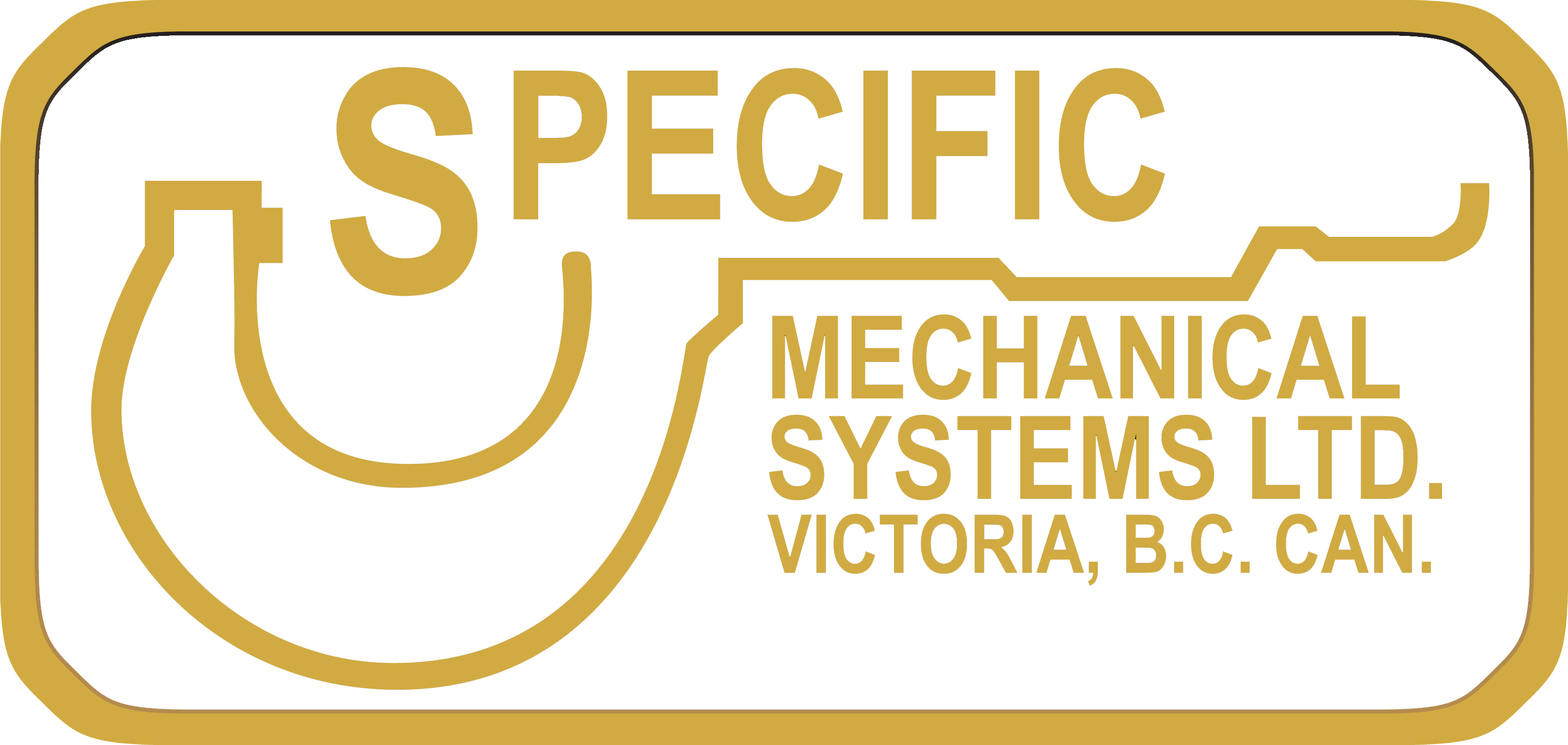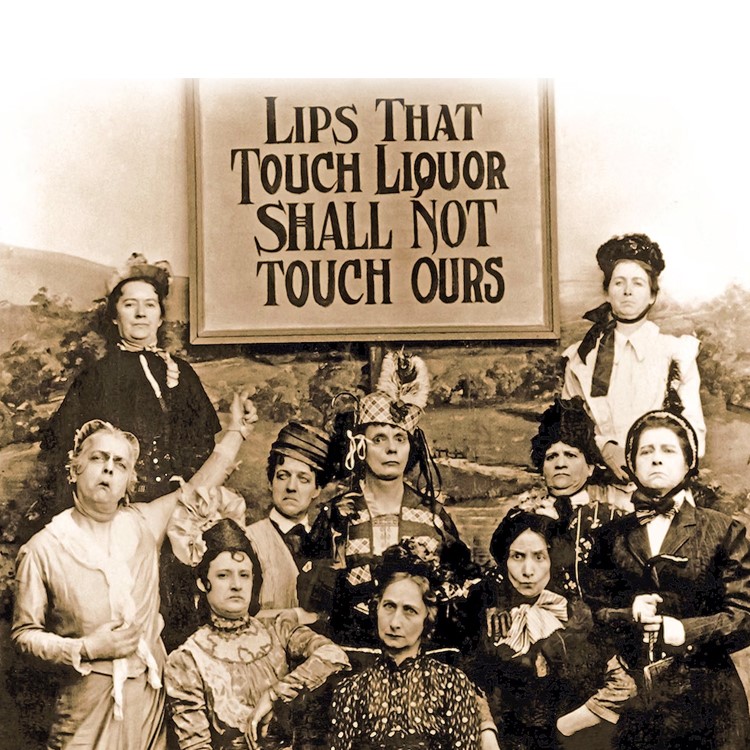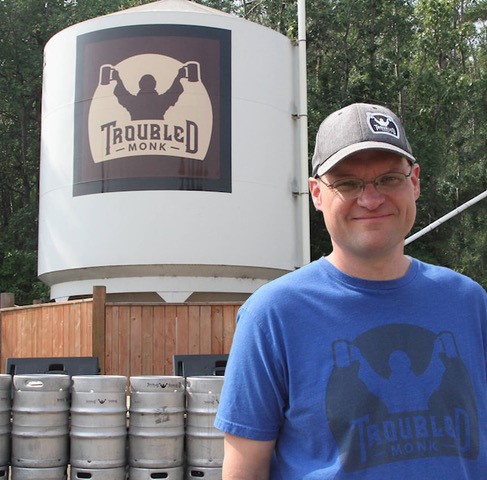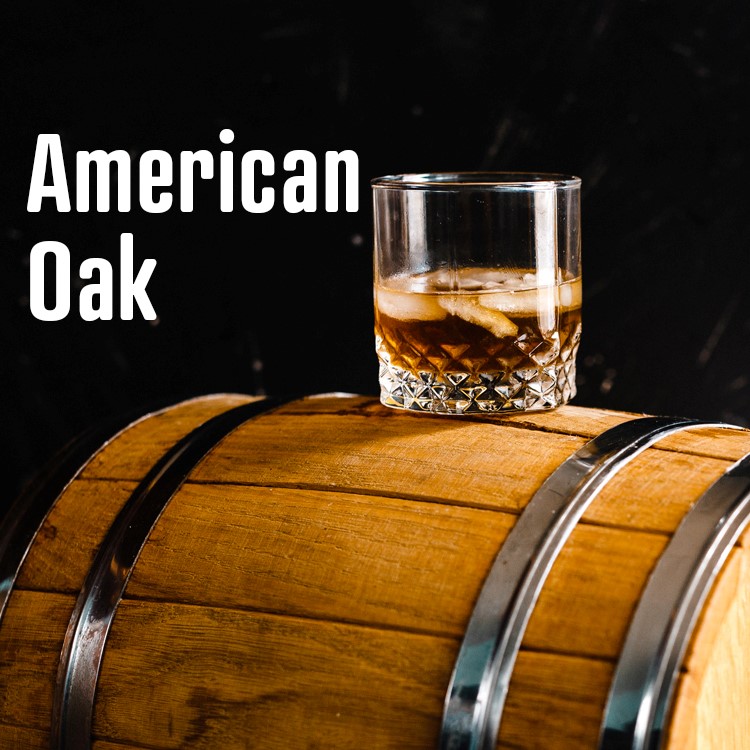In 1859, a man who would become known as one of “Oklahoma’s State Greats” was born to a poor Orthodox Jewish family in Hungary. At 18, Moses Weinberger, in search of a better life, boarded a steamship bound for New York, where he stayed for several years working as a butcher.
Still searching for something better, he made his way to Kansas and began merchandising fruit and later meat. He married and had a family that eventually included three sons. One day he heard the Oklahoma Territory was to be opened up for homesteading and to Moses, that meant further opportunity.
On April 22, 1889, he boarded a train from Wichita to Guthrie station, which previously was nothing more than a dusty railroad stop. By the end of that day, Guthrie had 10,000 people arrive, making it the largest town in Oklahoma.
Moses operated as a grocer and then a realtor, but later heard a rumour that it might be possible to obtain a Federal Government liquor license. His application was granted and he quickly opened the first legal drinking establishment in Oklahoma. As word got out, within two months there were 44 licensed saloons in Guthrie, many of which were partly owned by Moses.
Not everyone was thrilled with the thirsty direction taken by the town of Guthrie. Renowned “axe-wielding” prohibitionist Carrie Nation, having been run out of Kansas, settled in Guthrie and made a habit of threatening bar owners. One day, after giving a lecture on temperance at the invite of Moses himself, Carrie produced her trademark hatchet and severed a chunk off the mahogany bar.
She was promptly removed and the damaged spot on the bar became the place patrons would bang their empty mugs signaling for another round.
Unfortunately, Prohibition forces focused their efforts on Oklahoma. In 1907, when Oklahoma became the 46th state, the Constitution banned the sale of all alcohol, and with it, Weinberger and his fellow publicans were forced out of business.
Although Prohibition ended nationally in 1933, Oklahoma observed the practice until 1959. Laws remained strict however and the sale of any alcohol was restricted to special liquor stores, which had to close on Sundays.
It wasn’t until Tuesday, September 18, 1984, that Oklahoma allowed the sale of liquor by the drink. For the first time in 77 years, Oklahomans could pony up to the bar and purchase a single drink from the bartender.
In 2013, the Alcohol and Tobacco Tax and Trade Bureau issued the first legal Distilled Spirits Permit, to the Merritt family for Prairie Wolf Spirits in Guthrie, Oklahoma.
In 2018, new ownership continued the current offerings and then switched to producing massive amounts of hand sanitizer when the pandemic hit. Post-COVID, Prairie Wolf was suffering from an identity crisis, Jeff Cole felt something was missing and wrote a brutally honest letter to staff and investors identifying issues and offering a new vision. The investors bought into Jeff’s plan and with Derek Duty added to the team, the re-branding to WanderFolk Spirits began. With Jeff as Head of Distilling and Derek as General Manager and Head of Sales, the brand really began to take off.
The staff at WanderFolk Spirits became a united team at this stage and the results of Jeff’s carefully executed recipes and precise distilling techniques coupled with Derek’s branding and award-winning revitalized packaging, have sent sales skyrocketing 700% since 2019!
A beautiful cocktail bar, now called the Wander Inn, was built right next to the distillery for Guthrie residents to sample, socialize and relax in style. Nestled in the heart of downtown, the cozy, saloon-like lounge harkens to the past with Prohibition-era callbacks. Its Garden Society gin and vodkas are clad in images of rowdy Prohibitionists from the Guthrie Daily Leader, while Same Old Moses bourbon is named after Mr. Weinberger and his first legal bar, which was located a mere 100 yards away.
Derek says, “They wanted the vibe to feel traditional Victorian Guthrie, but modern. A place to be able to control the narrative behind our spirits, but also show the cool woven history of the state’s disdain for sin.”
The Specific equipment has a 500-gallon pot still with a single 4-tray copper column and two 10-tray copper columns plus a gin basket, making this hybrid the perfect still for efficiently producing virtually any variety of spirit.
The future is bright for Wanderfolk Spirits with a detailed ten-year plan in place. It includes expansion in almost every area of the business including a variety of new and aged spirits. They have a warehouse across the street with 400 barrels of alcohol aging beautifully and the entire team feels that this is only the beginning of a very magical journey.






